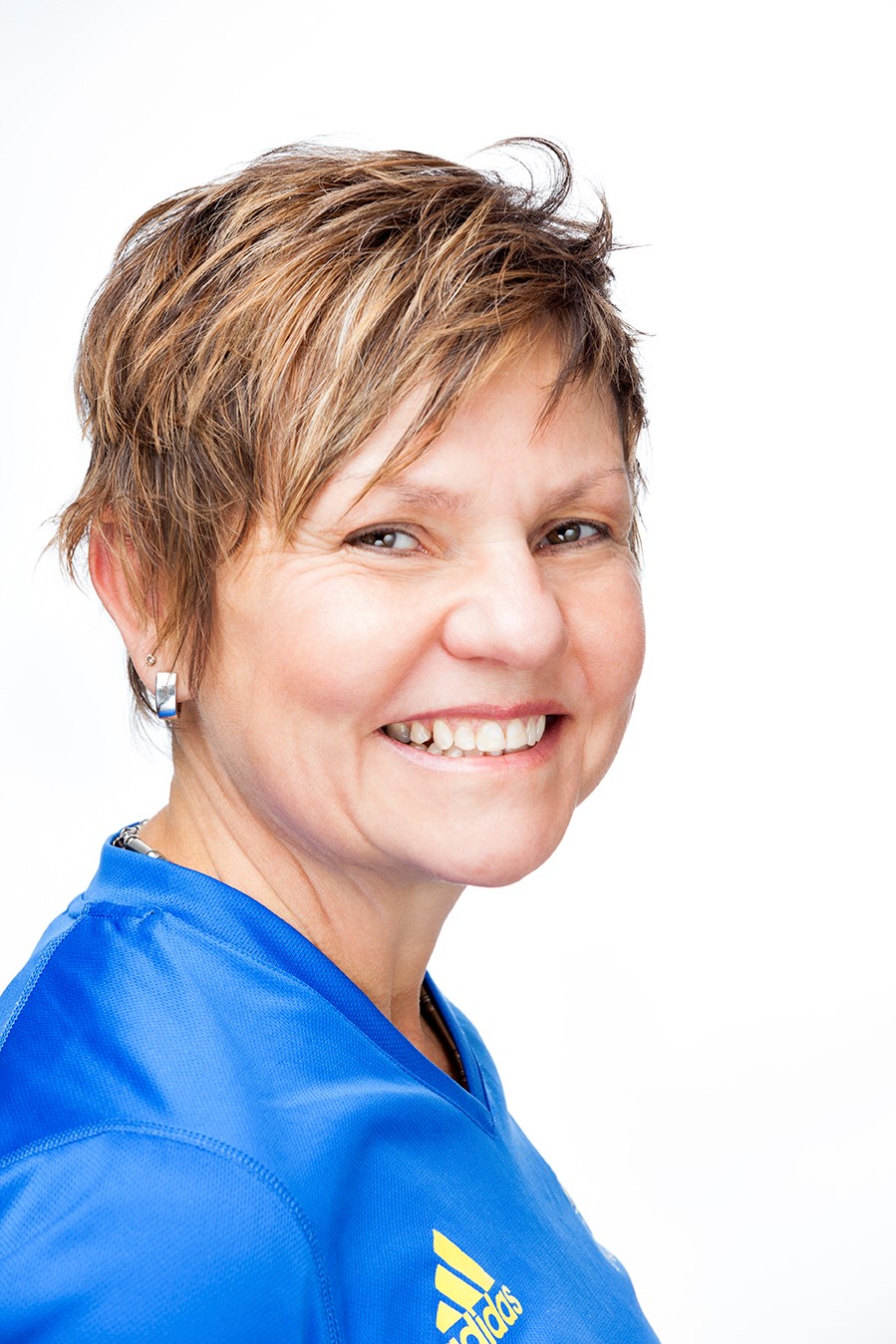While teaching English in Leningrad in the summer of 1991, Vinay Saldanha was shocked to discover that his students – leading Russian journalists – knew virtually nothing about the AIDS epidemic. “They were among the few who had access to external sources of information, and they still knew nothing about AIDS,” says Saldanha.
After finishing his degree in political science and English, Saldanha (BA 1993 UC) moved to Russia where he became co-founder and Canadian project co-ordinator of the Canada AIDS Russia Project (CARP), a non-profit organization that focuses on HIV/AIDS prevention, training and research. CARP’s case was tough to make then, with fewer than 100 cases of HIV/AIDS reported in Russia. “That was the real tragedy of what we have witnessed there,” says Saldanha, 33. “There was a chance to learn from the mistakes of other countries and avoid a massive epidemic.”
Now, with more than 280,000 reported cases of HIV/AIDS infection (Saldanha estimates the actual number of cases could be as high as 1.5 million), Russia is facing an epidemic that could decimate a generation of young Russians and cripple the country’s health-care system. CARP, with funding from the Canadian International Development Agency, is completing a $2.5-million, three-year project to help prepare health-care workers and NGOs for the massive demand for treatment and care that will occur within the next five years.
“Rather than importing a Canadian or foreign model, we work with existing Russian AIDS institutions to help them become better equipped and trained,” says Saldanha. “It’s a very Canadian approach.”





